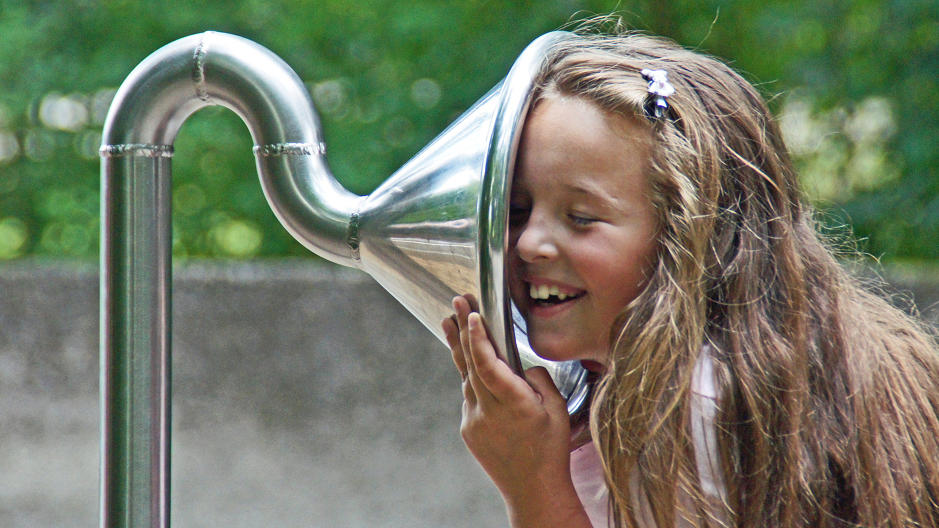Author: Jennifer S. Kennett
How do we stay connected in the face of our teen pushing away & pushing for more autonomy?
It does seem like an odd contradiction – they want less–or nothing– to do with us, and we want to stay connected to them. It seemed much simpler when they were younger…
So what is the key thing parents can do to promote positive attachment with their teen?
Take the time to actively listen.
Active listening is defined as ‘the practice of paying close attention to a speaker and asking questions to ensure full comprehension.’ It takes effort and skill. And it is not something most parents practice with their children, let alone their teens.
Active listening has both a skill component and a philosophy component. If you are interested in the mechanics of good listening, as well as a great explanation of the dangers of not listening, Jodi Hickenlooper’s blog has some great tips on how to be a more effective listener.
What about the philosophy behind being an active listening parent? What is the goal of active listening?
Is it to learn more about what your fledgling adult is doing?
Do we listen so we can correct their misperceptions about life?
Yes to the first and NO to the second.
Active listening is not about correcting behavior.
The central purpose, the essential ‘why’ for active listening is to remain genuinely curious about the inner world of your teen.
You ask open ended questions for the sole purpose of learning more about who they are and what/who they care about. The more you take time to learn about their life, they more they will feel connected and safe sharing themselves with you.
Remember, most teens never get genuinely asked their opinion or perspective by the important adults in their lives. So most will be skeptical of your motives at first.
Be persistent. Share your why; tell them “You are important to me. I want to know who you are and what is important to you.”
The results of you taking time to listen just might astonish you.
Let me know what your “active listening philosophy” is and how it has impacted your relationship with your teen!






